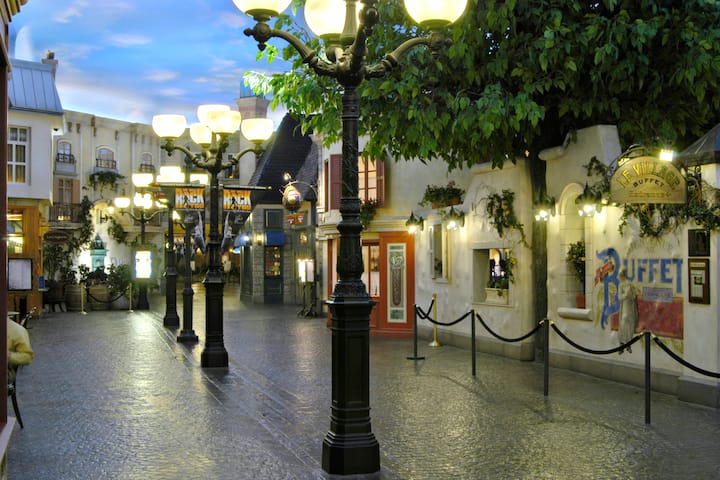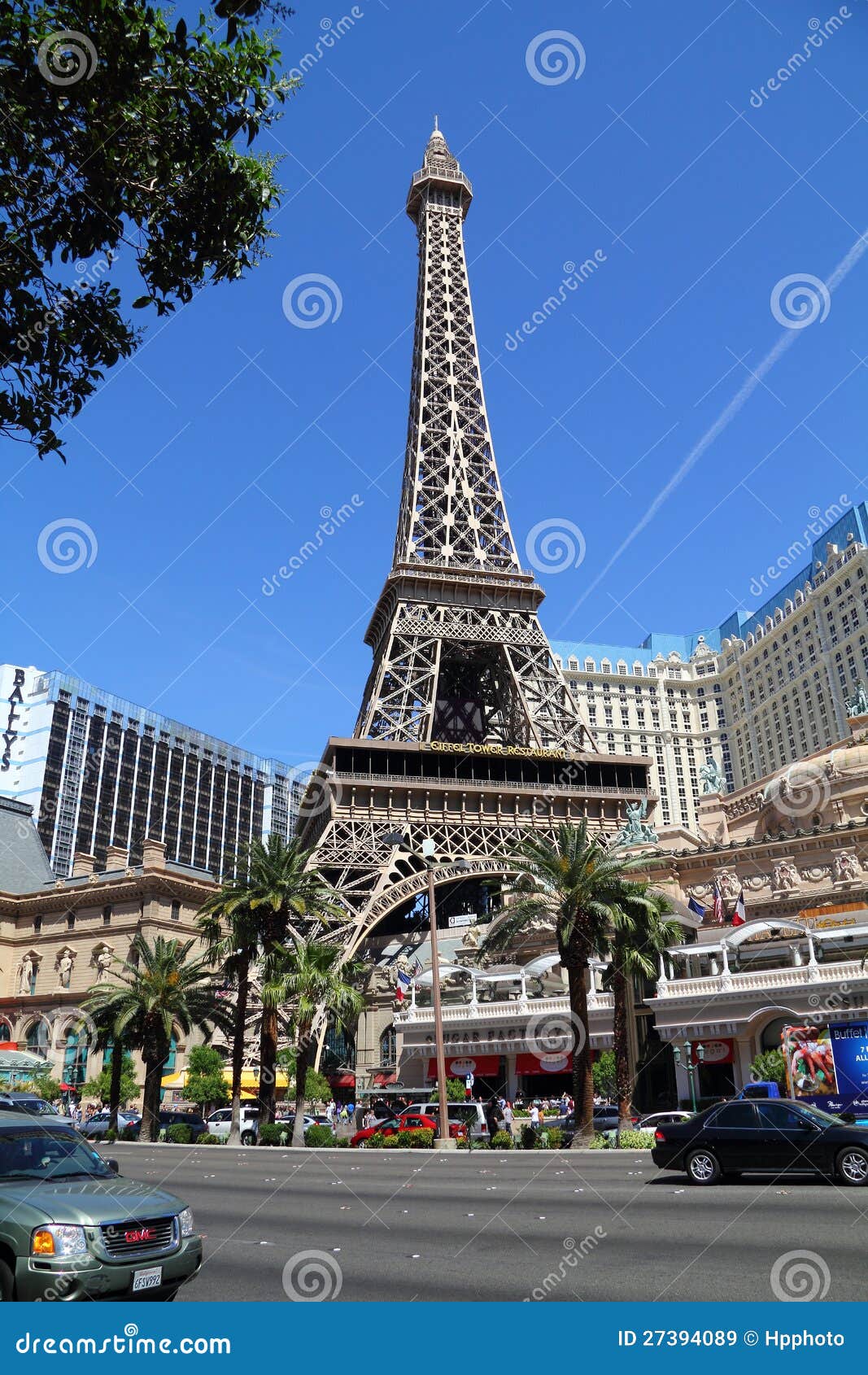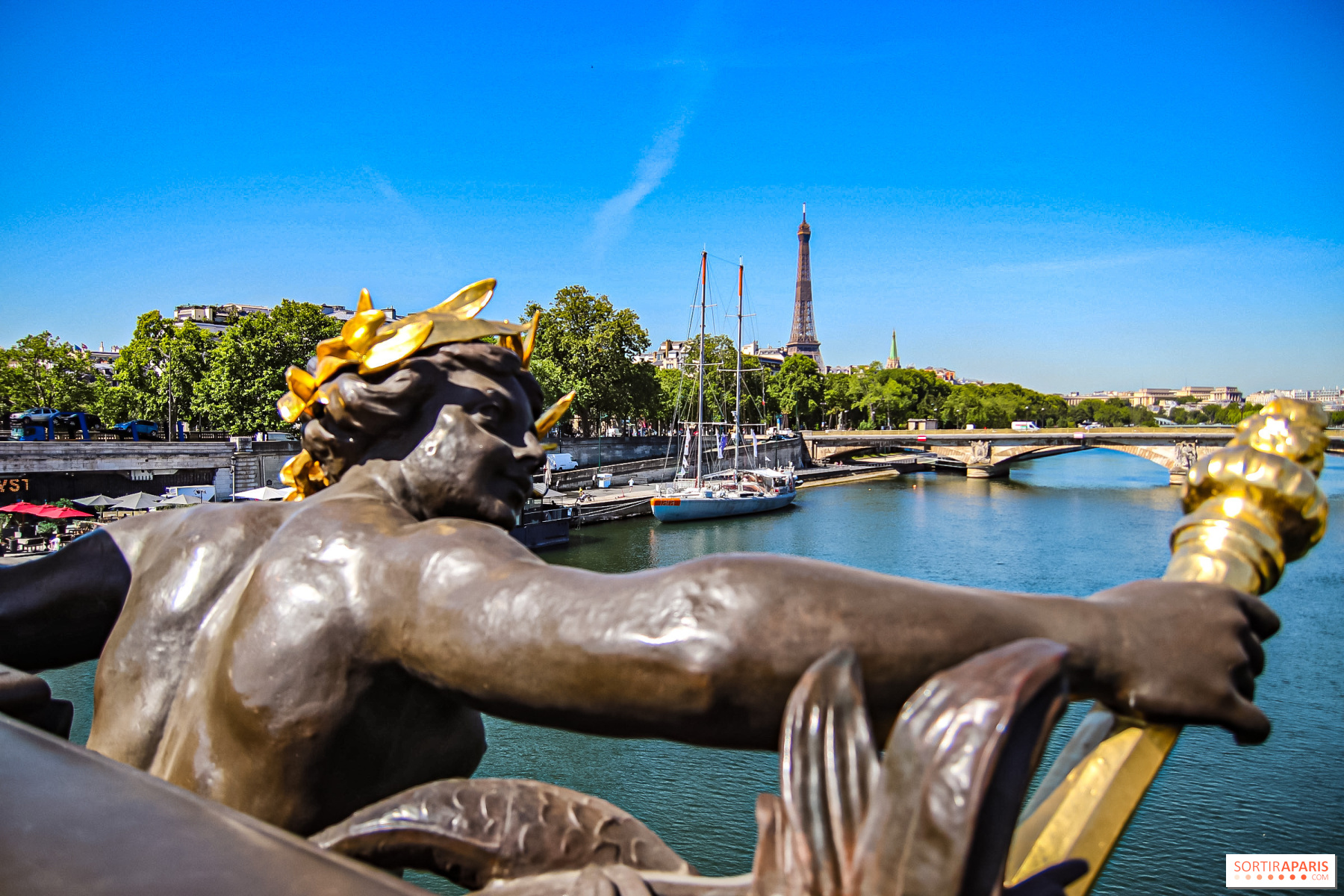Street Gambling Paris
Paris Las Vegas Hotel & Casino offers the most alluring Las Vegas accommodations, restaurants & nightlife. Experience our enticing, sexy & romantic Las Vegas hotel. Customs seizes 75 poker chip sets, other gambling paraphernalia Published 2020-12-08 15:28:31 The Bureau of Customs-Ninoy Aquino International Airport on Tuesday said it has intercepted 38 parcels with 75 poker chip sets and other gambling paraphernalia in Pasay City.
- Street Gambling Paris Restaurant
- Street Gambling Paris London
- Paris Casino Hotel
- Paris Casino News
- Street Gambling Paris Hotel
Today, the boulevard between the place Blanche and place Pigalle is full of sex shops and gambling halls. Drugs have come down to the streets and prostitution is more organised than ever. On the one hand, there is the head of the Corsican Mafia, on the other one, the Italian Mafia. Brazilian gangs are trying to find a place.
Gambling in France holds a current legal status.
In 1987 the minimum gambling age was lowered from 21 to 18. In 1988 slots machines became legal after previously being banned.
There are two main bodies responsible for the regulation of the gambling industry in France – PMU (Pari Mutuel Urbain) and (FDJ) Française des Jeux. PMU deals with horseracing, FDJ is responsible for betting games and lotteries. Both operators are state-owned.

In 2010 France legalized online gambling as well.[1][2] It is supervised by ARJEL ('Regulatory authority for online games').
History and contributions[edit]
Gambling industry in France has a very long history and some of the oldest and most popular gambling establishments are located on the territory of this country.[3] France also contributed to the development of popular casino games.
It was in France that the Queen became a permanent feature of the deck, replacing the Nobleman in the 1500s.[4]
In the 17th century the French mathematician Blaise Pascal invented the roulette wheel, which later led to the introduction of the roulette game.[5]Parimutuel betting has a French origin and was invented about 1870.[6]
Remote gambling[edit]
The first steps towards legalisation of remote gambling in France were made in 2005, when the European Commission started to investigate the situation in the French gambling market. In 2006 the Commission gave a notice and then in 2007 requested to make amends to the existing law in order to make it compliant with the EU laws. As a result, in 2009 the French government introduced a bill, that partially opened the gambling market to operators from other EU countries[7]Remote Gambling Association criticized the main provisions of bill for offering unfavourable conditions for the new operators as opposed to incumbent state-owned operators. The main lines of criticism included:
- limited range of gambling services that can be offered by operators
- unfavourable taxing regime
- low payouts for players
- stringent requirements, including the necessity to keep gambling servers on the territory of France.[8]
The Law No 2010-476 of 12 May 2010 on the introduction of competition and sector regulation of gambling and online gambling is often referred to as the French Gambling Act.[9] It came into power on May 13, 2010 and opened the online gambling market in France, also creating an official body to regulate the industry – ARJEL (the French Gambling Authority)[10] 3 other regulating authorities can also apply their powers regulating the industry: the French Competition Authority (ADLC), the CSA (An Independent Authority to Protect Audiovisual Communication Freedom) and the CNIL.[10]There are 3 types of licenses for the 3 types of online gambling activities allowed by the French gambling law:[11]
- online sports betting (live betting, pool betting and fixed odds betting)
- online horse race betting (pool betting)
- online poker games (Texas Hold'em Limit, Texas Hold'em pot limit, Texas Hold'em no limit and Omaha Poker 4)[citation needed]
Casino games as well as spread betting and betting exchange[9] are not licensed, because the lawmakers said they were too addictive. Poker is one of the games played at casinos, but it is legal, because the outcome of the game depends on the skill of the player, who can alternate their strategy depending on the game situation. [12]
Online gambling in France was legalised just before the World Cup 2010. As a result, gamblers opened over 1.2 million accounts on licensed sites in the first month. They bet €83 million which was almost 2 times more than during the same period in 2009, when the only option for legal online betting was turning to state-owned betting websites.[13]

Street Gambling Paris Restaurant
References[edit]
- ^New York Times: Europe Unleashes Online Gambling to Fill Coffers
- ^'eGaming Review: France votes in online gambling laws'. Archived from the original on 2010-07-30. Retrieved 2010-08-15.
- ^Why French Casinos Are Struggling
- ^Blackjack History
- ^Inventor of the Week: Mechanical Calculator
- ^Pari-mutuel Tax
- ^On-line gambling: Commission welcomes France's decision to open its gambling market and closes infringement procedure
- ^Failed Bet for France
- ^ abEuropean Conference on Gambling Studies and Policy Issues: Online Gambling in France
- ^ abThe French Gambling Act : True competition?
- ^H8myself: Online Casino Website.Gambling Opportunities
- ^Gambling in France: The Law in Progress
- ^Europe Unleashes Online Gambling

The shell game (also known as thimblerig, three shells and a pea, the old army game) is portrayed as a gambling game, but in reality, when a wager for money is made, it is almost always a confidence trick used to perpetrate fraud. In confidence trick slang, this swindle is referred to as a short-con because it is quick and easy to pull off.[1] The shell game is related to the cups and balls conjuring trick, which is performed purely for entertainment purposes without any purported gambling element.
Play[edit]

In the shell game, three or more identical containers (which may be cups, shells, bottle caps, or anything else) are placed face-down on a surface. A small ball is placed beneath one of these containers so that it cannot be seen, and they are then shuffled by the operator in plain view. One or more players are invited to bet on which container holds the ball – typically, the operator offers to double the player's stake if they guess right. Where the game is played honestly, the operator can win if he shuffles the containers in a way which the player cannot follow.[2]
In practice, however, the shell game is notorious for its use by confidence tricksters who will typically rig the game using sleight of hand to move or hide the ball during play and replace it as required. Fraudulent shell games are also known for the use of psychological tricks to convince potential players of the legitimacy of the game – for example, by using shills or by allowing a player to win a few times before beginning the scam.[3]
History[edit]
The shell game dates back at least to Ancient Greece.[4] It can be seen in several paintings of the European Middle Ages. A book published in England in 1670 (Hull Elections – Richard Perry and his fiddler wife) mentions the thimblerig game. In the 1790s, it was called 'thimblerig' as it was originally played using sewing thimbles. Later, walnut shells were used, and today the use of bottle caps or matchboxes is common.
The swindle became very popular throughout the nineteenth century, and games were often set up in or around traveling fairs. A thimblerig team (comprising operator and confederates) was depicted in William Powell Frith's 1858 painting, The Derby Day. In Frith's 1895, My Autobiography and Reminiscences the painter-turned-memorialist leaves an account of his encounter with a thimble-rig team (operator and accomplices):
'My first visit to Epsom was in the May of 1856 – Blink Bonnie's year. My first Derby had no interest for me as a race, but as giving me the opportunity of studying life and character it is ever to be gratefully remembered. Gambling-tents and thimble-rigging, prick in the garter and the three-card trick, had not then been stopped by the police. So convinced was I that I could find the pea under the thimble that I was on the point of backing my guess rather heavily, when I was stopped by Augustus Egg, whose interference was resented by a clerical-looking personage, in language much opposed to what would have been anticipated from one of his cloth. 'You,' said Egg, addressing the divine, 'you are a confederate, you know; my friend is not to be taken in.' 'Look here,' said the clergyman, 'don't you call names, and don't call me names, or I shall knock your d –– d head off.' 'Will you?' said Egg, his courage rising as he saw two policemen approaching. 'Then I call the lot of you – the Quaker there, no more a Quaker than I am, and that fellow that thinks he looks like a farmer – you are a parcel of thieves!' 'So they are, sir,' said a meek-looking lad who joined us; 'they have cleaned me out.' 'Now move off; clear out of this!' said the police; and the gang walked away, the clergyman turning and extending his arms in the act of blessing me and Egg.'

Fear of jail and the need to find new 'flats' (victims) kept these 'sharps' (shell men or 'operators') traveling from one town to the next, never staying in one place very long. One of the most infamous confidence men of the nineteenth century, Jefferson Randolph Smith, known as Soapy Smith, led organized gangs of shell men throughout the mid-western United States, and later in Alaska.
Street Gambling Paris London
Today, the game is still being played for money in many major cities around the world, usually at locations with a high tourist concentration (for example: New York City, Chicago,[5] and Los Angeles, in the United States, La Rambla[6] in Barcelona, Gran Via in Madrid, Benidorm, Paris in France, Westminster Bridge, London, Kurfürstendamm in Berlin, Germany, Malta, Italy, Bahnhofsviertel in Frankfurt am Main). The swindle is classified as a confidence trick game, and illegal to play for money in most countries.[citation needed]
The game also inspired a pricing game on the game show The Price Is Right, in which contestants attempt to win a larger prize by pricing smaller prizes to earn attempts at finding a ball hidden under one of four shells designed to resemble walnut shells. While the ball is not shown during the game, and the host shuffles the shells before the start of the game, contestants can win by either winning all four attempts or winning enough attempts, and picking the one that has the ball. The shuffling is only allowed before the pricing part of the game begins, and once the first small prize is announced, no further shuffling is permitted. Federal game show regulations are designed to ensure the game is legally a game that can be won.
See also[edit]
Paris Casino Hotel
- Cups and balls routine
Bibliography[edit]
- Bishop, Glen, The Shellgame – For Tableside Tricksters, 2000[ISBN missing]
- Price, Paul, The Real Work: Essential Sleight Of Hand For Street Operators, 2001[ISBN missing]
- Whit Haydn and Chef Anton, Notes on Three-card Monte[ISBN missing]
Paris Casino News
Notes[edit]
- ^'Three-card monte scam artists return to midtown, Is this Christmas 2014 – or 1974?'. New York Post. 26 December 2014.
- ^John Philip Quinn (1892). Fools of Fortune: Or, Gambling and Gamblers, Comprehending a History of the Vice in Ancient and Modern Times, and in Both Hemispheres; an Exposition of Its Alarming Prevalence and Destructive Effects; with an Unreserved and Exhaustive Disclosure of Such Frauds, Tricks and Devices as are Practiced by 'Professional' Gamblers, 'Confidence Men' and 'Bunko Steerers.'. Anti-Gambling Association. pp. 348–350. Retrieved 22 July 2019.
- ^Michael Benson (2009). Cons and Frauds. Infobase Publishing. pp. 21–22. ISBN978-1-4381-1659-4. Retrieved 22 July 2019.
- ^'Shell Game.' Encyclopædia Britannica. http://www.britannica.com/EBchecked/topic/539702/shell-game
- ^share (27 November 2012). 'I saw a fascinating scam on the Red Line today. You should probably not play this game (unless you are the first) : chicago'. Reddit.com. Retrieved 2 January 2017.
- ^'The Rambla of the Thimbleriggers.' Baquero, Camilo S. Translated from the Spanish by Summer Fingersmith. El País. http://www.robbedinbarcelona.com/2011/04/23/the-rambla-of-the-thimbleriggers/
External links[edit]
- How do big city shell games work?. How Stuff Works



